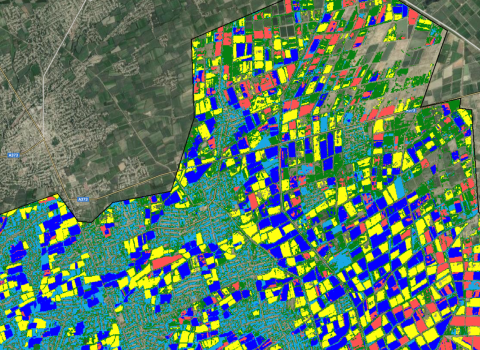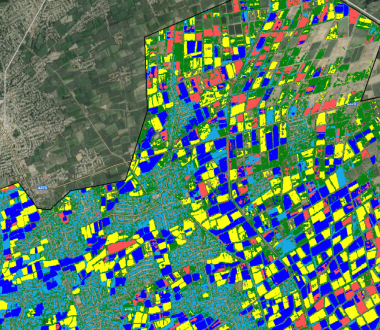
1st Virtual Think Tank Roundtable: "Digital Transformation Challenges and Opportunities for West African River Basin Development Organisations"

Impact

-
Impact
-
This virtual think tank roundtable brought together around 70 participants in West Africa and around the globe. Key partners included West African RBDOs, the World Meteorological Organisation (WMO), the International Office for Water (IOW), the International Network of River Basin Organisations (INBO), Hydrosolutions (a spin off of the Swiss Federal Institute of Technology in Zurich), the Swiss Agency for Development and Cooperation (SDC), UNCDF and the University of Geneva.
Presentations
Christophe Bösch, Strategic Advisor to the Geneva Water Hub
Paul HAENER – OiEau/INBO
Dr D. Berod, WMO Secretariat
Dr. Tobias Siegfried, hydrosolutions
This virtual think tank roundtable is co-organised by the Geneva Water Hub and the Pôle eau de Dakar (Dakar Water Hub) under the aegis of the Global Observatory for Water and Peace under development, and in close conceptual collaboration with OMVG, the Gambia River Basin Development Organisation (RBDO).
It is the first of a series of virtual, forward-looking roundtables to discuss the opportunities and risks of 21st century megatrends such as digitalisation to boost the power of river basin organisations as intersectoral and transboundary connectors and catalysts for prosperity and peace, in the context of the COVID-19 response and recovery. Outcomes will include a strategic foresight document enriched by the insights from the series of virtual roundtables, as well as related, high impact activities such as the potential design of an integrated dashboard for a river basin organization.
Indeed, the world needs to rethink its global approach to water – as a matter of survival, as the Global High-Level Panel on Water and Peace underlined. In a water sector undervalued and fragmented all at levels, digitalisation can help integrate organisational siloes and promote a systems approach which recognizes the interconnectedness of water across sectors, between political entities, and across the urban-rural divide. Digitalisation can thus foster the emergence of improved or new models of water governance to more effectively manage 21st century mega-risks and prevent systemic crises, making water an instrument of peace.
However, while the pandemic is accelerating digital transformation, its growing opportunities are paralleled by stark abuses and unintended consequences. As the UN Secretary General's High-Level Panel on Digital Cooperation recently underlined, there is an urgent need for improved digital cooperation to help achieve the SDGs.
The concept note is available below.

